?The genome of the Egyptians and the pharaohs, a lie or a scientific fact
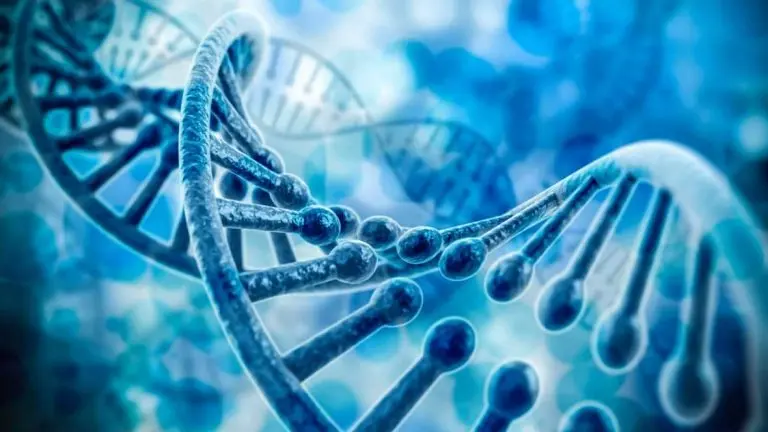
Genetic affiliation analyzes renewed the issue of attributing modern Egyptians to their ancestors
Zahi Hawass described genetic affiliation analyzes as a "scam" and others are its enemy in a scientific response to the allegations of Afrocentric advocates
Social media and Egyptian newspapers have been buzzing over the past few days with news about the genetic analysis of an Egyptian woman living in Australia, claiming that the results of an analysis she conducted through a company match 100 percent with her ancient Egyptian origins, specifically with the genes of the mummies of the Savior era.
The news received a wide ovation among the Egyptians , as they considered it a means of defending the Egyptian identity, and refuting the claims of the advocates of African centralism , who claim that the modern Egyptians are the descendants of the Arab invaders, and that the Egyptian civilization was built by Africans south of the Sahara.
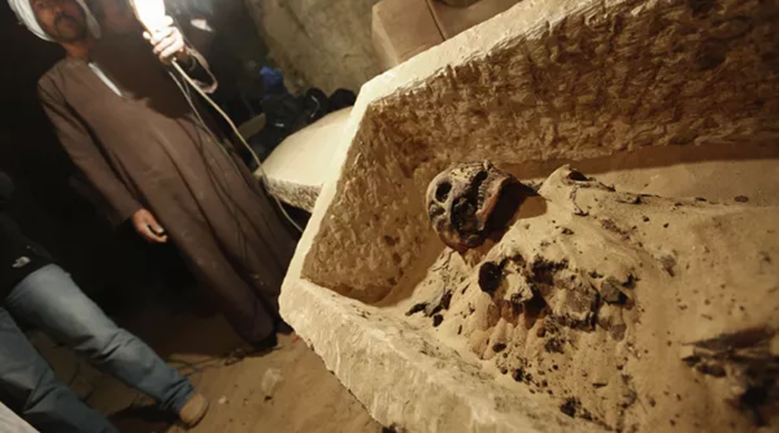
Strain test
Companies that provide ancestry testing, such as Ancestry, 23 and Me, Family treeDNA, and Heritage, provide an accurate breakdown of the DNA of their customers and, for example, state that someone's ancestry is 25 percent European, 74 percent East Asian, and 0.1 percent North African.
These companies market their products in such a way that the test reveals something deeply meaningful about your ancestry, which is usually attractive to anyone wanting to find out their ethnic roots or discover connections with past and contemporary relatives.
And the ease of conducting the test by spitting into a tube or taking a mouth swab, with which you can unravel genetic mysteries that could stretch back generations, makes it all the more attractive.
The labs use complex marketing strategies in this regard. For example, 23andMe says in its advertisement, "Your DNA tells the story of who you are and how you relate to populations around the world."
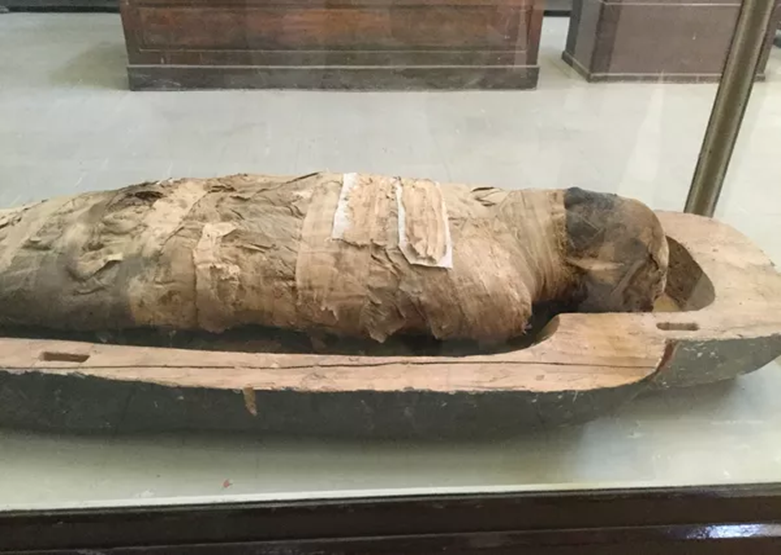
A few years ago, the company partnered with Airbnb to help customers plan "heritage" vacations to the places where their ancestors lived.
?What does the test reveal
In the midst of this sparkle that arouses curiosity and passion, and on the other hand, the Egyptians celebrate the Egyptian young woman of "pure race", the question arises, what is the scientific credibility of those genetic analyzes that look at the ethnic origins of a person? Is its data sufficient for the genetic sequence of the ?ancient Egyptians or others? And can DNA analysis link a person to ancient history
According to research published in the Journal of the Massachusetts Institute of Technology, between 2018 and early 2019, more than 26 million consumers bought DNA tests, which these companies marketed to identify their assets, so that Ancestry and 23 andMe in Utah and California have some of the largest human DNA collections in the world, which raises privacy concerns.
Previous estimates indicated that the industry would be worth around £7.7 billion by 2022.
The "Ancestry" website indicates that thanks to advances in DNA technology, it is possible through the test to compare a person's DNA with samples from all over the world, to learn more about his family background and ethnic history and "not ancient history", but only people and places that can to interest him.

The DNA of all humans is 99 percent similar, while the remaining 1 percent makes each ethnic group of people have different characteristics from the other.
According to the “Web MD” medical website, commercial DNA tests help to know more about yourself and your family roots, but their results should always be questionable, given that DNA testing companies that provide these services use methods that have not been validated. by independent scientists.
Ancient egyptians
Returning to the ancient Egyptians and with regard to the scientific accuracy of these analyzes in documenting the lineage of contemporary Egyptians to their ancestors, Egyptologist Zahi Hawas asserts that these analyzes are a "sculpture". Stressing that science "cannot resolve such results."
Hawass explained, in his interview with "The Independent Arabia", "The analyzes of the study of the DNA of Egyptian mummies aim to find out matters related to the mummy itself, such as the name, lineage, and history of the era in which its owner lived, and diseases in their era."
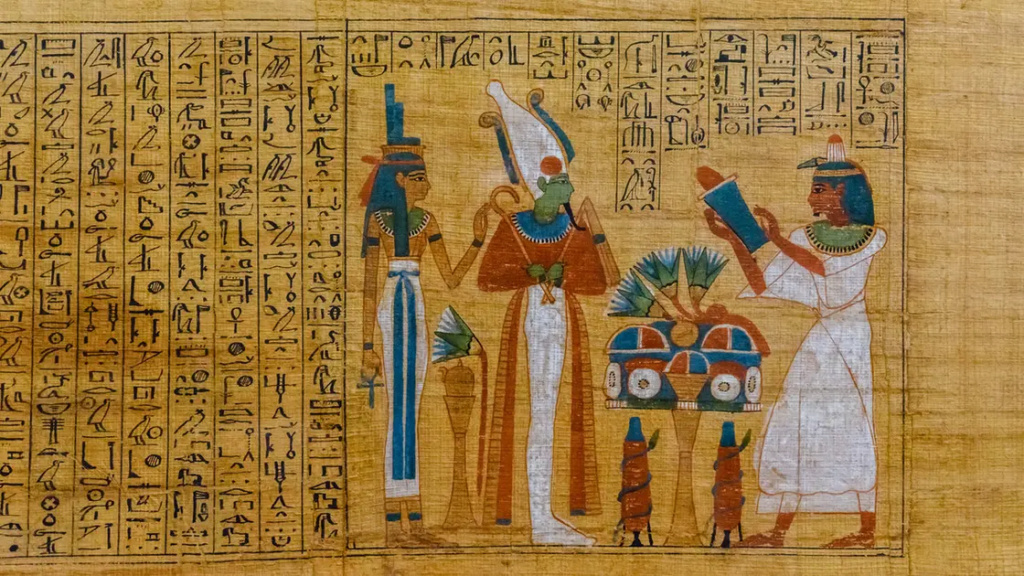
Hawass, who previously held the portfolio of the Egyptian Ministry of Antiquities, has published a book entitled “Scanning the Pharaohs”, in partnership with Sahar Selim, a specialist in radiology, in which he talks about examining royal mummies, in a process that tells us their ages at death and the medical conditions they may have suffered from, in addition to the process Embalming and materials used.
Using state-of-the-art technology, including multi-detector tomography and DNA analysis, the co-authors presented the results of the examination of royal mummies from the 18th to 20th Dynasties, revealing a wealth of information about each mummy, providing vibrant and detailed images of them, as well as extracting Some findings about the genealogy and family relationships among these ancient individuals.
scientific response
On the contrary, the researcher in the history of ancient Egypt, Wassim al-Sisi, believes that there is a "scientific importance to such tests," as they can confirm the lineage of modern Egyptians and their connection to ancient Egypt, which represents a scientific response to the allegations of advocates of African centralism and others who have false allegations in Egyptian civilization. .
Al-Sisi points out that the study of the DNA of the eighteenth dynasty of King Tutankhamun "proved its association with modern Egyptians by 88.6 percent." Pointing out that one of the important researches specialized in genomics is that issued by the Max Planck Institute for the Science of Human History in Germany in 2017, a study that revealed that the genetic links between ancient Egyptians and sub-Saharan Africans are "extremely small."
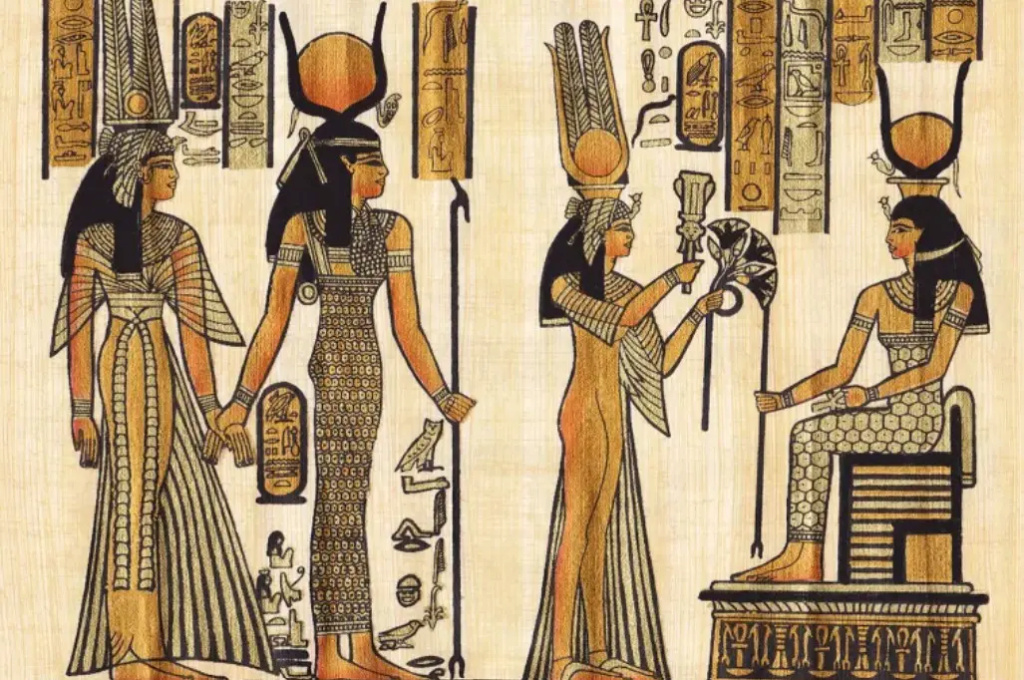
The German study was based on examining the genetic map (genome) of ninety mummies from the Abusir site (about 115 kilometers south of Cairo). Roman Empire.
And asked Johannes Krause, who led the study published in the journal Nature Communications, are modern Egyptians directly descended from the descendants of the ancient Egyptians? Was there genetic continuity in Egypt over time? Did the foreign invaders change the genetic makeup, for example did the Egyptians become more European after Alexander the Great conquered Egypt? "Ancient DNA can deal with these questions," he added.
The genome showed that the genetic link of the ancient Egyptians to the peoples of sub-Saharan Africa ranged from limited to non-existent, and it is known that some of these peoples, such as the ancient Ethiopians, had great interactions with Egypt, while the closest genetic links were with the peoples of the ancient Near East, including parts of Iraq and Turkey, in addition to To Israel, Syria and Lebanon.
The researchers monitored the genetic continuity of these mummies, including the era of the New Kingdom and the Roman era.
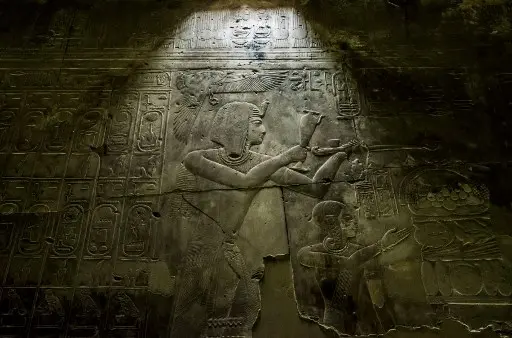
The interesting thing is that the researchers found a significant increase in the origins dating back to sub-Saharan Africa only about 700 years ago, for reasons that may be related to the slave trade or intra-regional trade, as the modern Egyptian shares eight percent of the genome with the peoples of Central Africa, which is much more than ratio in ancient Egypt.
According to Krauseh, "There was no noticeable change in those one thousand and eight hundred years of Egyptian history. The big change happened between then and now." Therefore, Sisi says that "it is not surprising that we find the genes of current Egyptians linked to the past," but he denied that "they are 100 percent identical."
Egyptian Genome Center
In 2021, the Egyptian government launched the reference genome project for Egyptians and ancient Egyptians, which is the largest scientific project in Egypt's modern history at a cost of two billion pounds (64 million and 898 thousand dollars), which is based on establishing a database of the set of genes present in a people or members of a group. specific ethnicity by collecting DNA sequences by scientists.
The main objective of the Egyptian research project is related to the medical aspect, such as discovering genetic diseases and determining the suitability of medicines for Egyptians by identifying what distinguishes Egyptians from others in responding to different medicines and how to contract diseases.
In addition to studying the genome of the contemporary Egyptian, the project includes studying the genetic characteristics of the ancient Egyptians to understand the nature of the diseases they were exposed to and their health status, which will have an important impact on understanding the ancient Egyptian civilization, and its importance in heritage and world culture.
The importance of the project lies in the fact that it provides a genetic map for Egyptians, in light of the reliance of modern medicine on what is known as precision medicine or personalized medicine, which depends on dividing patients according to genetic factors, and then defining a method of treatment known as gene therapy, which requires data on the human genetic makeup. According to previous statements by Mahmoud Saqr, President of the Academy of Scientific Research, one of the implementing agencies of the project.
Source : websites

